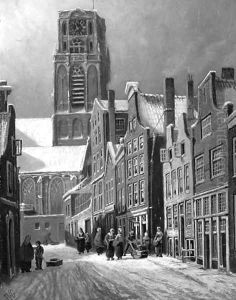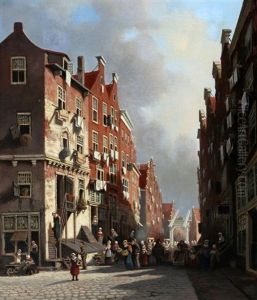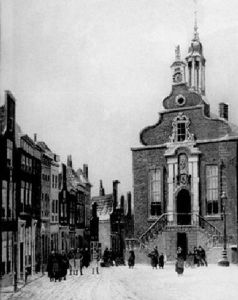Franciscus Lodewijk Van Gulik Paintings
Franciscus Lodewijk (Robert Hans) van Gulik was a Dutch diplomat, orientalist, and author, most recognized for his detective novels featuring the fictional Judge Dee, a character based on the historical figure Di Renjie, a magistrate and statesman of the Tang court. Born on August 9, 1910, in Zutphen, Netherlands, van Gulik displayed an early interest in the cultures and languages of East Asia. He studied oriental literature at the University of Leiden and Utrecht University, focusing on Chinese and Japanese texts.
After completing his doctoral thesis on the horse in Chinese art and culture, van Gulik joined the Dutch Foreign Service in 1935, which led to his extensive travels throughout East Asia. His diplomatic career included posts in Japan, China, India, and Lebanon, among other countries. It was during these postings that he developed a deep understanding of East Asian culture and history, which would heavily influence his literary works.
Van Gulik's interest in Chinese history and his expertise in philology led him to translate the 18th-century Chinese detective novel 'Dee Goong An' to English under the title 'Celebrated Cases of Judge Dee' in 1949. Encouraged by the book's reception, van Gulik then began writing his own series of detective novels set in ancient China with Judge Dee as the protagonist. These novels, which combined authentic historical detail with compelling mystery plots, gained him international fame and a dedicated readership.
In addition to his Judge Dee stories, van Gulik was also a respected scholar of Chinese history and culture. He published numerous articles and books on various subjects, including Chinese painting, music, and sexual customs. His scholarly work is noted for its meticulous research and its contribution to Western understanding of Chinese civilization.
Van Gulik's unique blend of scholarly erudition and storytelling prowess has left a lasting legacy. His Judge Dee series not only entertains but also provides readers with insights into the legal and societal norms of traditional China. Van Gulik continued his writing and diplomatic work until his untimely death on September 24, 1967, in The Hague. His works continue to be read and appreciated for their cultural and historical significance, as well as their narrative drive.













